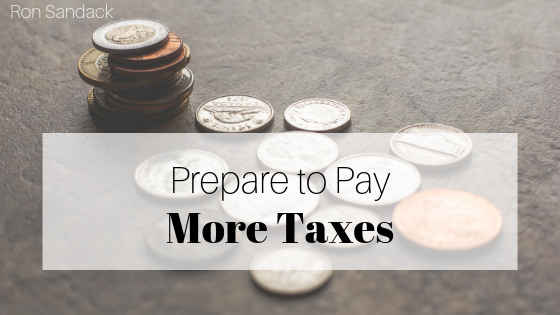Beginning July 1st, the first set of many proposed tax increases on several goods will have taken effect across the state of Illinois. The goal of the increased taxation of these goods is to help fund the newest spending plan to fix state-wide infrastructure, like roads, bridges, and education buildings. These tax increases mean a lot of changes for citizens across the state, forcing them to dig deeper into their pockets for gas station amenities.
Consumers who drive will face a 19 cent increase on motor fuel tax, doubling the state tax to 38 cents per gallon. Be mindful that local gas taxes may also be applicable. In addition, those who drive vehicles that require diesel fuel will experience a supplementary raise in taxes on top of the $0.19 motor fuel increase. They will be charged an additional 5 cent increase, making their total tax on fuel 45.5 cents per gallon. On average, this is costing drivers about $3.00 – $4.00 more to fill up their car, depending on their tank size and the grade of fuel that they use. For those with a longer commute to work, this is a significant increase annually. Significantly, this is a regressive tax increase, hurting those who have less disposable income the hardest – something the ruling Democrats in Springfield repeatedly said they did not want to do.
In addition, one’s physical location can affect the tax rate increase drivers may see. Some cities will be given the authority to raise their municipal gas tax even further as well. The Illinois government expects these increases to contribute to funding the $45 billion proposed budget to go towards bridge repairs and public transit. Illinois governing class argues that the cost of poor road conditions is greater than the cost of the higher gas taxes, so spending money on fixing the roads will save Illinois drivers in the long run. That is a dubious claim to be sure, but one they are advancing nonetheless.
Another luxury that Illinoisans can expect to see changed, i.e. taxed more, as of July 1st is cigarette and tobacco sales. Taxes on cigarettes will increase by a full dollar, changing the tax per pack from $1.98 to $2.98! I don’t smoke so this does not directly affect me, but those who do are going to get pinched big-time here. What’s more, the new bill also defined e-cigarettes, like vapes, as tobacco products, subjecting them to a 15% wholesale tax. Cigars and chewing tobacco are not expected to see a rise in tax … this time. Furthermore, the new age to purchase tobacco products has been increased to 21 years old; although legal use is still 18 years of age.
The rise in tax on both tobacco products and fuel is causing a debate about the probable benefits vs potential negative effects that they will have on the citizens and economy of Illinois. While the increase in taxes does provide funding for various state-approved budgets, the negative effects could include loss of jobs and economic decline. Like so many things affecting Illinois these days, this seeming dilemma will play itself out soon enough.

